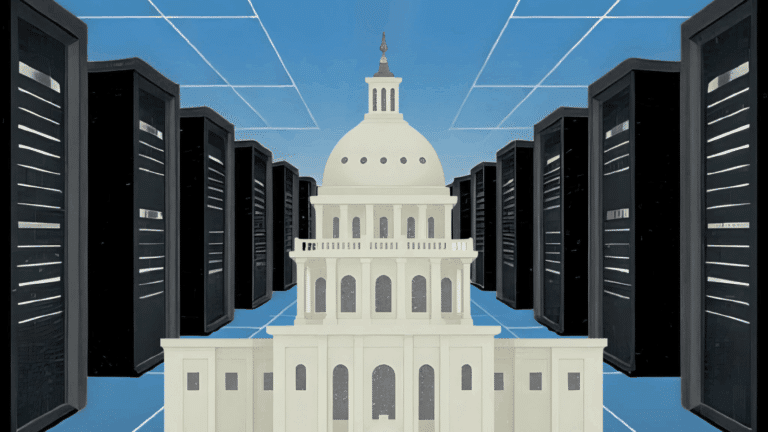The worldwide economic shock caused by the Covid-19 pandemic is having widespread effects on investments in the energy sector. Based on the latest available data, the International Energy Agency’s World Energy Investment 2020 provides a comprehensive perspective on how energy capital flows are being reshaped by the crisis, including full-year estimates for global energy investment in 2020. Now in its fifth edition, the World Energy Investment is the IEA’s annual benchmark analysis of investment and financing across all areas of fuel and electricity supply, efficiency, and research and development. In addition to a full review of the 2019 trends that preceded the crisis, this year’s analysis highlights how companies are now reassessing strategies – and investors repricing risks – in response to today’s profound uncertainties and financial strains. The Center on Global Energy Policy will host Dr. Fatih Birol, IEA’s Executive Director, and Tim Gould, Head of IEA’s Division for Energy Supply and Investment Outlooks, for a presentation of key findings from the report. Following the presentation, they will take part in a discussion with Dr. Marianne Kah, CGEP Advisory Board member and former Chief Economist of ConocoPhillips and Dr. Melissa Lott, CGEP Senior Research Scholar, moderated by Jonathan Elkind, CGEP Senior Research Scholar. — This webinar will be hosted via Zoom. Advance registration is required. Access instructions will be shared via e-mail the day prior to the webinar. This event is open to press. Media should register for this event. Media inquiries or requests for interviews should be directed to Artealia Gilliard ([email protected]) or Genna Morton ([email protected]). For more information contact: [email protected].










